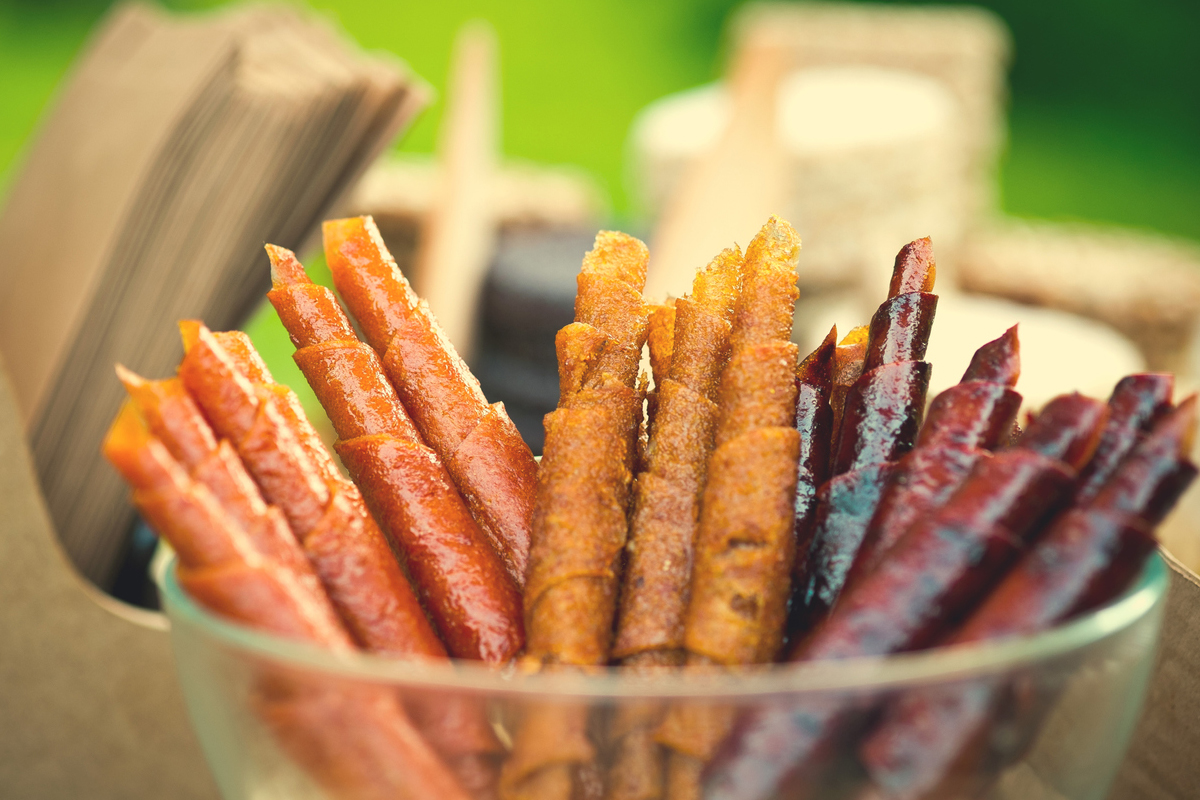‘A woman suddenly came forward and…’: Congress clarifies Rahul Gandhi car incident
Earlier, Congress MP Adhir Ranjan Chowdhury accused police of overlooking the possibility of stone pelting.
“The leather sometimes fetches good prices as high as Rs 1200 a kg from customers, but this year the entire drying up process has been suspended due to the wet weather,” Das said.

Representational image (Photo: IStock)
The heavy and incessant rainfall in Malda for the past few weeks has been playing spoilsport when it comes to production of mango leather or ‘Aamsotto.’
The popular food item, which had earlier this year showed great prospects, given the bumper production of mango in the district, is now seeing a dip in the production, while ‘Aamsotto’ producers are now staring at losses.
As the mango leather production is totally dependent on nature, the producers have lamented the prevailing weather conditions in the district.
Advertisement
With the mango season almost coming to an end this year, almost 100 families of Jote Arapur in Kotwali under the English Bazaar police station have started preparing the ‘Aamsotto,’ which has a big market not only locally, but is also supplied to other states.
“The leather is not only consumed like chocolates, but many relish it with milk. But the cloudy weather now has put the producers in a great dilemma,” a local man said.
Subir Das, Pintu and Sumita Choudhury of Arapur, said that Gopalbhog and Himsagar are varieties of fruits mainly used to prepare quality mango leather, while other local varieties like Langra and Amrapali are also used.
“On an average, we obtain 1.5 kg of mango pulp from around 10 kg mango, and the pulp, after being concentrated, is left in the sun to dry, thereby turning into leather,” Choudhury said.
“The leather sometimes fetches good prices as high as Rs 1200 a kg from customers, but this year the entire drying up process has been suspended due to the wet weather,” Das said.
“The manner in which rains are coming in frequent intervals, we have to keep the pulp covered with cotton clothing at a dry place, but as the weather is very humid it is sure to affect the entire process,” said one of the producers.
Notably, the leather remains in demand throughout the year, but the sale reaches its peak from August to October.
“A huge quantity of this goes to other states and districts, but what can be done against the weather? We can only hope for the best,” the president of the Malda mango growers’ association, Ujjwal Choudhury, said.
Advertisement